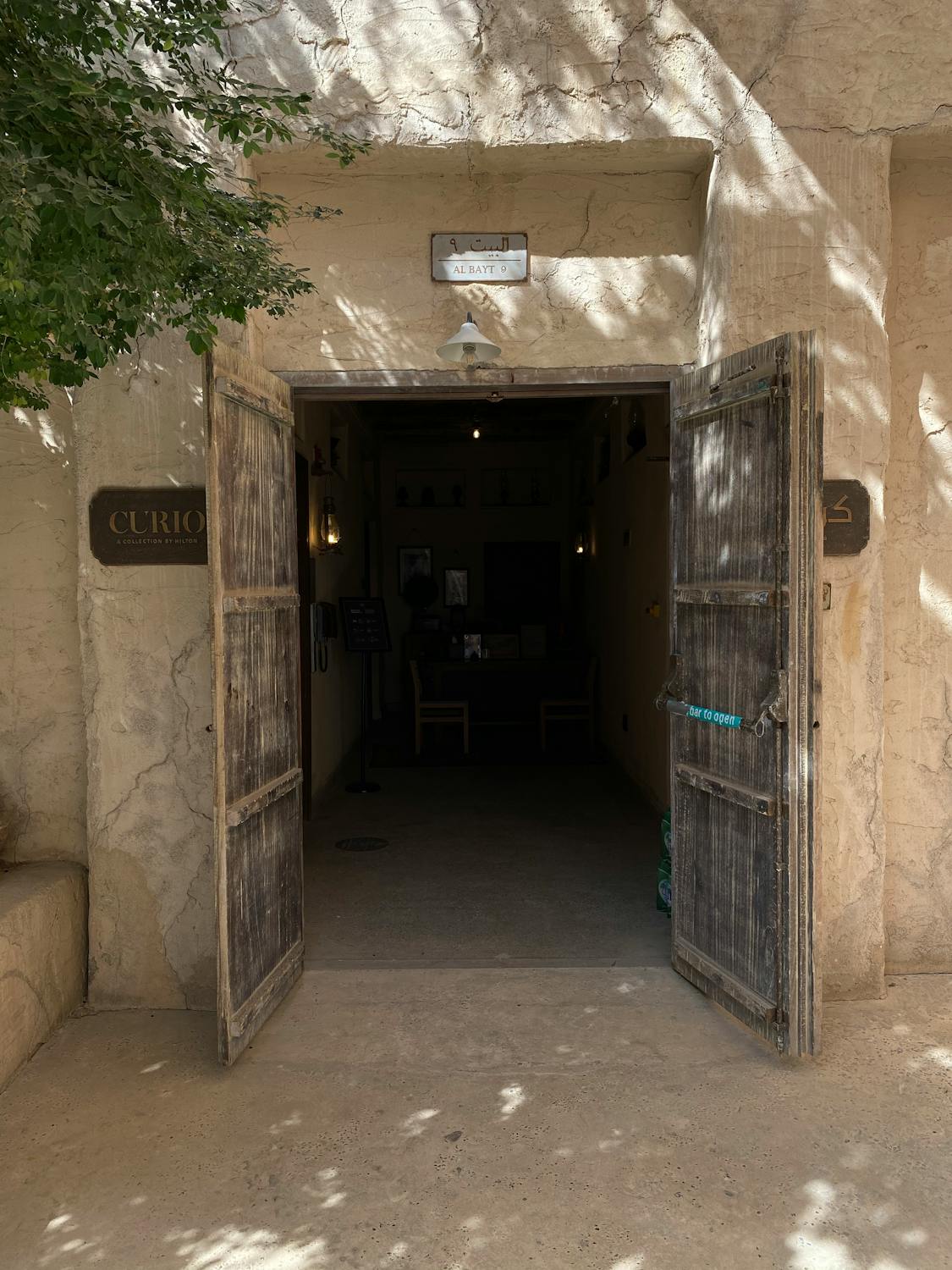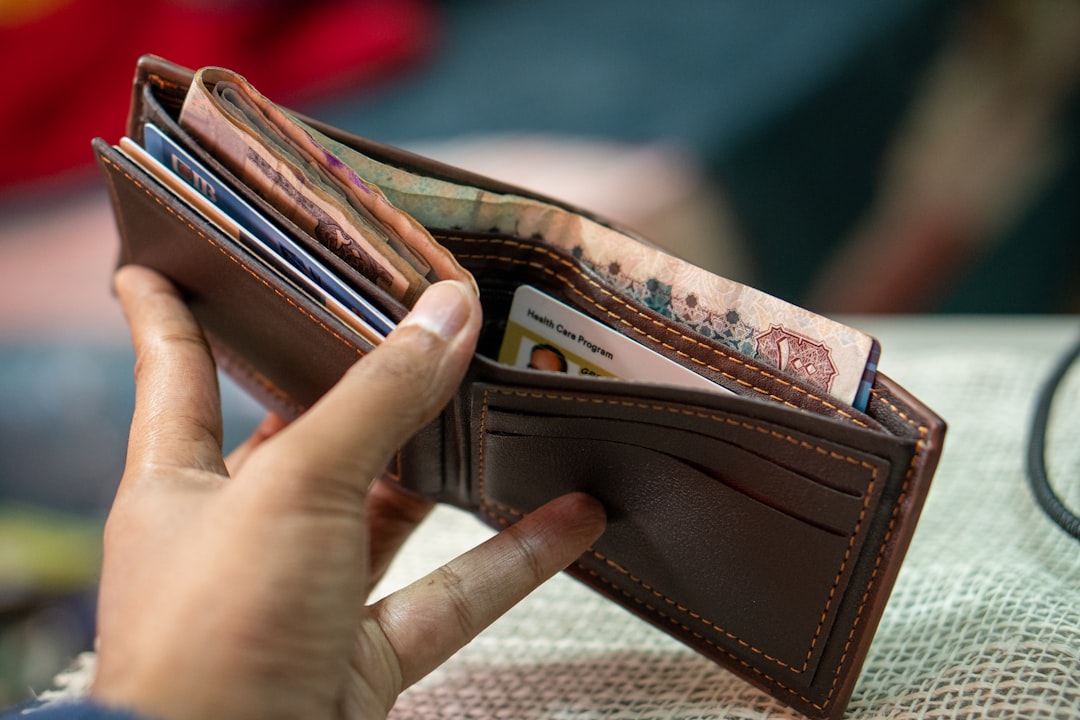In an era of abundant choices and constant consumer messaging, it’s easy to fall into the trap of believing that more possessions equate to more happiness. However, a growing body of research and real-world experience suggests the opposite: true satisfaction often comes not from what we accumulate, but from how we choose to live and what we prioritize. This article explores practical strategies to reduce unnecessary spending while simultaneously enhancing your overall life satisfaction.
We’ll delve into the psychology behind our spending habits, offer actionable tips for mindful consumption, and highlight the profound benefits of shifting your focus from material goods to enriching experiences. By the end of this guide, you’ll have a clear roadmap to a more fulfilling life, one where your wallet feels lighter, but your spirit feels richer.
Understanding Mindful Consumption: Beyond Impulse
Mindful consumption is about making conscious decisions regarding what you buy, why you buy it, and what impact it has on your life and the world. It’s a deliberate shift from automatic, impulse-driven purchases to thoughtful, value-aligned choices. This approach helps you identify true needs versus fleeting wants, leading to less waste and more satisfaction.
The Needs vs. Wants Distinction
One of the foundational steps in mindful consumption is clearly distinguishing between your needs and your wants. Needs are essentials for survival and basic well-being, such as food, shelter, clothing, and healthcare. Wants are desires that enhance comfort or pleasure but are not strictly necessary. Often, advertising blurs these lines, making wants appear as needs.
Before making a purchase, pause and ask yourself: “Is this truly a need, or is it a want driven by external factors or temporary desires?” This simple question can prevent numerous unnecessary expenditures.
Navigating the Hedonic Treadmill
The “hedonic treadmill” is a psychological concept describing our tendency to return to a relatively stable level of happiness despite major positive or negative events or the acquisition of new possessions. We quickly adapt to new material goods, and the initial thrill fades, leading us to seek the next purchase for another temporary boost.
Recognizing this pattern can empower you to break free from the endless cycle of acquiring more in pursuit of lasting happiness. True contentment often lies in appreciating what you have and finding joy in non-material aspects of life.

Strategic Budgeting: Your Financial Compass
A budget isn’t about restricting yourself; it’s about empowering yourself. It provides a clear picture of your income and expenses, allowing you to allocate your money intentionally towards your goals and values. A well-structured budget reduces financial stress and provides a sense of control over your financial future.
Implementing the 50/30/20 Rule
A popular and effective budgeting guideline is the 50/30/20 rule:
- 50% for Needs: This includes housing, utilities, groceries, transportation, and minimum loan payments.
- 30% for Wants: This covers dining out, entertainment, hobbies, shopping, and vacations.
- 20% for Savings & Debt Repayment: This portion goes towards an emergency fund, retirement, investments, and paying down high-interest debt beyond the minimum.
This rule provides a flexible framework that can be adapted to individual circumstances, helping you balance current enjoyment with future financial security.
Tracking Your Spending for Clarity
You can’t manage what you don’t measure. Tracking your spending, even for a short period, reveals where your money truly goes. This awareness is often the most powerful catalyst for change. Use budgeting apps, spreadsheets, or even a simple notebook to log every expense.
The Consumer Financial Protection Bureau (CFPB) provides valuable insights into how financial behaviors contribute to overall well-being. Understanding these connections can motivate consistent tracking and budgeting. For more information, explore their research on Financial Well-Being.

Prioritizing Experiences Over Possessions
One of the most impactful shifts you can make is to prioritize spending on experiences rather than material goods. Research consistently shows that experiential purchases lead to more lasting happiness and satisfaction. This is because experiences often involve social connection, create unique memories, and contribute to personal growth.
The Joy of Shared Moments
Experiences, whether it’s a trip with loved ones, a concert, or a cooking class, are often shared. These shared moments foster stronger bonds and create a sense of belonging, which are fundamental drivers of human happiness. Material possessions, while sometimes shared, rarely offer the same depth of interpersonal connection.
Investing in Memories, Not Things
Unlike material goods that depreciate and eventually break or become outdated, memories from experiences tend to appreciate over time. They become part of your personal narrative, providing joy and reflection long after the event has passed. This concept is well-documented in psychological research, as highlighted in articles like Time Magazine’s “Why Experiences Make Us Happier Than Possessions”.
Experiential vs. Material Purchases: A Comparison
| Feature | Material Purchases (e.g., new gadget) | Experiential Purchases (e.g., travel) |
|---|---|---|
| Lasting Happiness | Often short-lived due to hedonic adaptation. | More enduring, creates lasting memories. |
| Social Connection | Limited, often individualistic. | Fosters stronger bonds, shared joy. |
| Personal Growth | Minimal, unless skill-related. | Often involves learning, new perspectives. |
| Depreciation | Value decreases over time. | Memories appreciate, become richer. |

Embracing Minimalism: Less is More
Minimalism is a lifestyle that promotes living with less. It’s not about deprivation, but about intentionally choosing to own fewer things to make room for what truly matters. This philosophy can significantly reduce spending, simplify your life, and increase your overall contentment.
Decluttering Your Life
Start by decluttering your physical space. Go through your possessions and identify items you no longer use, need, or love. Donating, selling, or responsibly disposing of these items can free up space, reduce mental clutter, and even provide a small financial boost.
This process often reveals how much money has been spent on items that bring little long-term value, reinforcing the desire for more mindful future purchases.
The Freedom of Simplicity
Living with less can lead to a profound sense of freedom. Fewer possessions mean less to organize, clean, maintain, and worry about. This frees up time, energy, and mental space that can be redirected towards activities that genuinely enhance your well-being, such as hobbies, relationships, or personal development.
“Minimalism is a tool to rid yourself of life’s excess in favor of focusing on what’s important—so you can find happiness, fulfillment, and freedom.”
— The Minimalists (Joshua Fields Millburn & Ryan Nicodemus)
Skill Building & DIY: Empowering Self-Sufficiency
Developing new skills and embracing a do-it-yourself (DIY) mindset can significantly reduce your reliance on external services and products, leading to substantial savings. Beyond the financial benefits, learning new skills offers a deep sense of accomplishment and boosts self-confidence.
Learning New Skills
Consider what services you frequently pay for that you could potentially learn to do yourself. This could include:
- Cooking: Preparing meals at home is almost always cheaper and often healthier than eating out.
- Basic Home Repairs: Fixing a leaky faucet, painting a room, or assembling furniture can save on labor costs.
- Gardening: Growing your own produce can reduce grocery bills and provide fresh, organic food.
- Car Maintenance: Simple tasks like changing oil or tires can be learned.
Online tutorials, local community classes, and library resources make learning these skills more accessible than ever.
The Satisfaction of Creation
Beyond the financial savings, the act of creating or repairing something with your own hands provides immense satisfaction. This sense of accomplishment and self-reliance contributes significantly to overall well-being. It shifts your mindset from being a passive consumer to an active participant in your own life.
Sustainable Consumption: Benefits for You and the Planet
Adopting sustainable consumption habits not only benefits the environment but also aligns perfectly with the goal of reducing spending and increasing satisfaction. By choosing durable, ethically produced goods, repairing instead of replacing, and minimizing waste, you contribute to a healthier planet while often saving money in the long run.
Choosing Quality Over Quantity
Investing in high-quality, durable items, even if they cost more upfront, can be more economical over time. A well-made coat that lasts for a decade is often cheaper than buying a new, low-quality coat every year or two. This approach reduces waste and the need for frequent replacements.
Reducing Waste and Embracing Circularity
Minimizing food waste, recycling, composting, and participating in the circular economy (e.g., buying second-hand, repairing items, sharing resources) are all forms of sustainable consumption. These practices directly reduce your spending on new items and waste disposal, while also lessening your environmental footprint.
For instance, meal planning to avoid food spoilage can significantly cut down on grocery bills, and repairing a broken appliance instead of buying a new one saves both money and resources.
Conclusion: A Richer Life, Not a Heavier Wallet
Reducing spending and increasing satisfaction isn’t about deprivation; it’s about intentional living. By embracing mindful consumption, strategic budgeting, prioritizing experiences, adopting minimalism, and cultivating self-sufficiency, you can transform your relationship with money and possessions. This shift allows you to allocate your resources towards what truly enriches your life: meaningful experiences, personal growth, strong relationships, and a sense of purpose.
Start small, perhaps by tracking your spending for a month or planning one experience-based outing instead of a material purchase. Each conscious choice is a step towards a more fulfilling and financially secure future.
What’s one small step you’ll take this week to spend more mindfully and boost your satisfaction? Share your thoughts and tips in the comments below!
